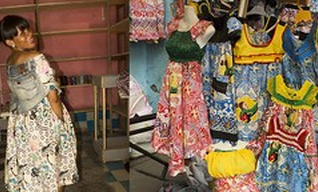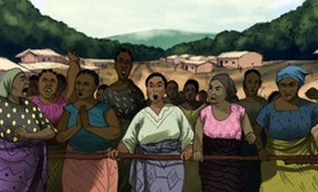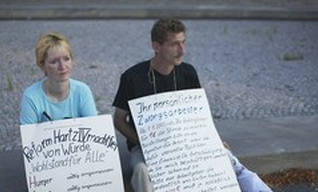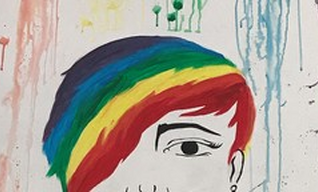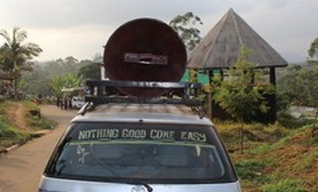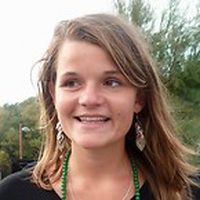
Katharina Lipowsky
Berlin
-
Noch keine BeiträgeHier wird noch geschrieben ... bitte schaue bald nochmal vorbei

Katharina Lipowsky
-
frankreich
-
gleichstellung
-
feminismus
-
soziale bewegungen
-
zentral - und westafrika
-
geschlechtliche vielfalt
Auftraggeber
Fehler!
Leider konnte der Artikel nicht gefunden werden.
We can't find the internet
Attempting to reconnect
Something went wrong!
Hang in there while we get back on track

